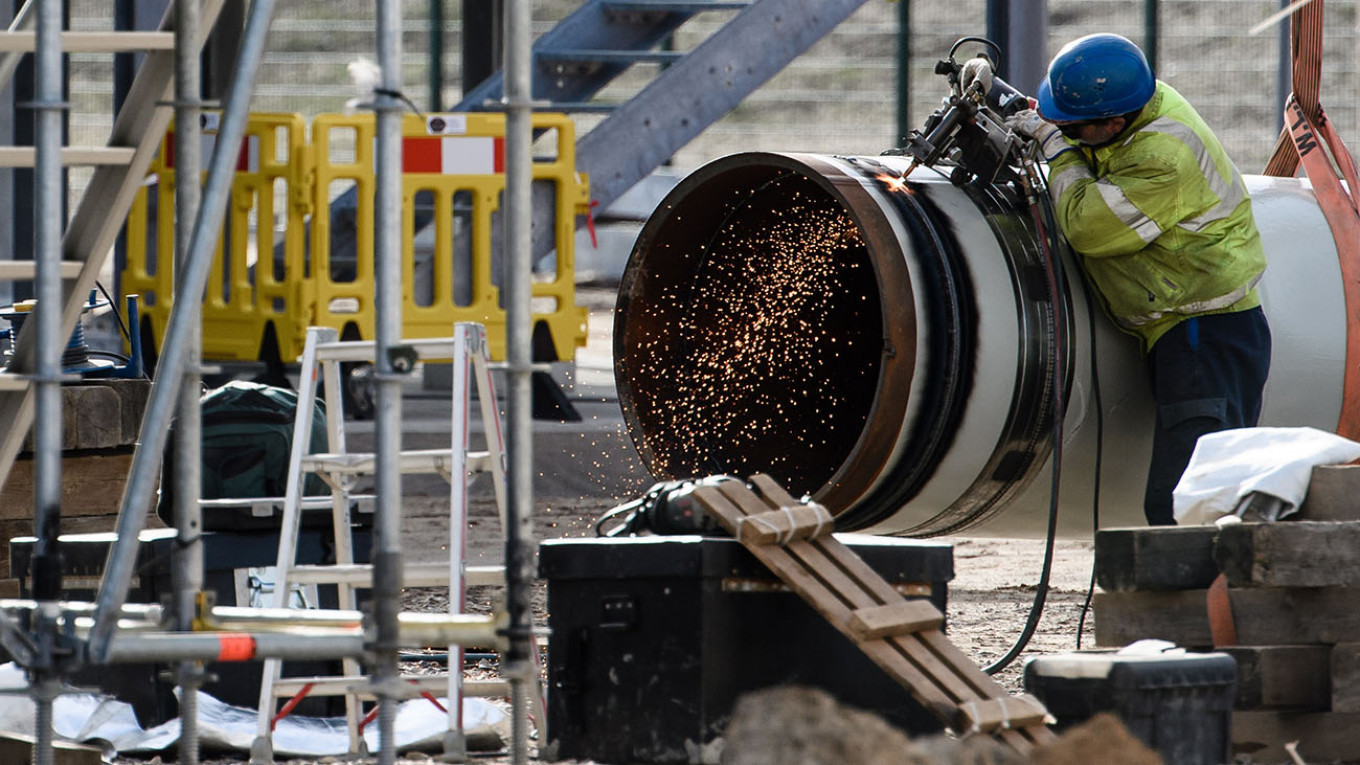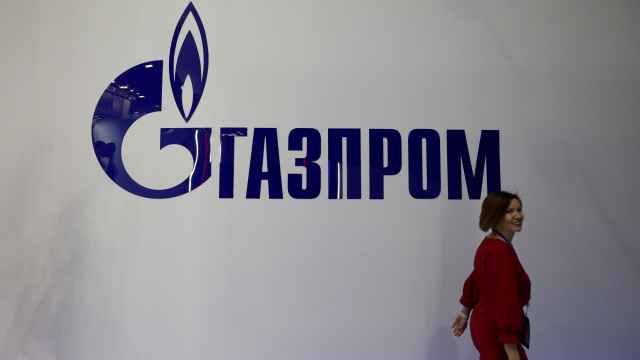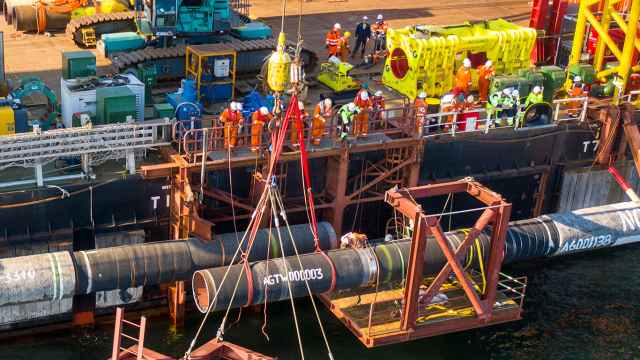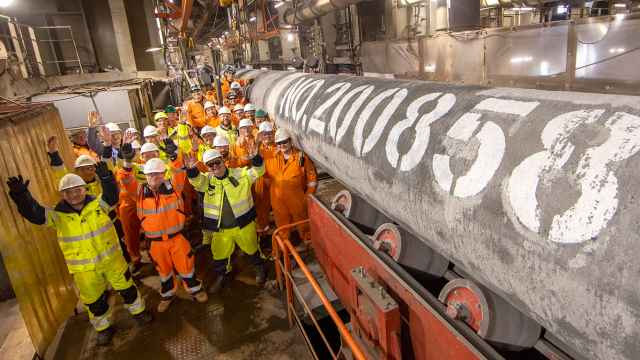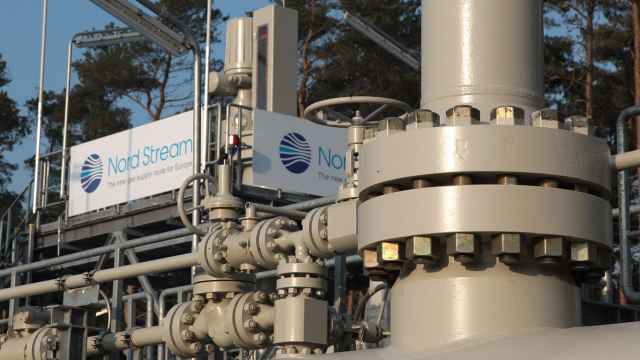It would be “counter-productive” to try to block the completion of Gazprom’s controversial Nord Stream 2 pipeline, U.S. President Joe Biden told reporters Monday.
Biden last week waived sanctions on Nord Stream 2 AG — the Swiss-based company leading construction of the pipeline — in a sign the U.S. could be easing up on its long-standing opposition to the project.
Asked why the U.S. did not levy sanctions on the company or its CEO Matthias Warnig, Biden said: “Because it was almost completely finished by the time I took office … and it’s not like I can allow Germany to do something or not.”
“To go ahead and impose sanctions now would, I think, be counter-productive in terms of our European relations,” he added.
Nord Stream 2 is more than 95% constructed, with Russian pipelaying vessels having moved into German territorial waters at the beginning of this week to complete the final stretch.
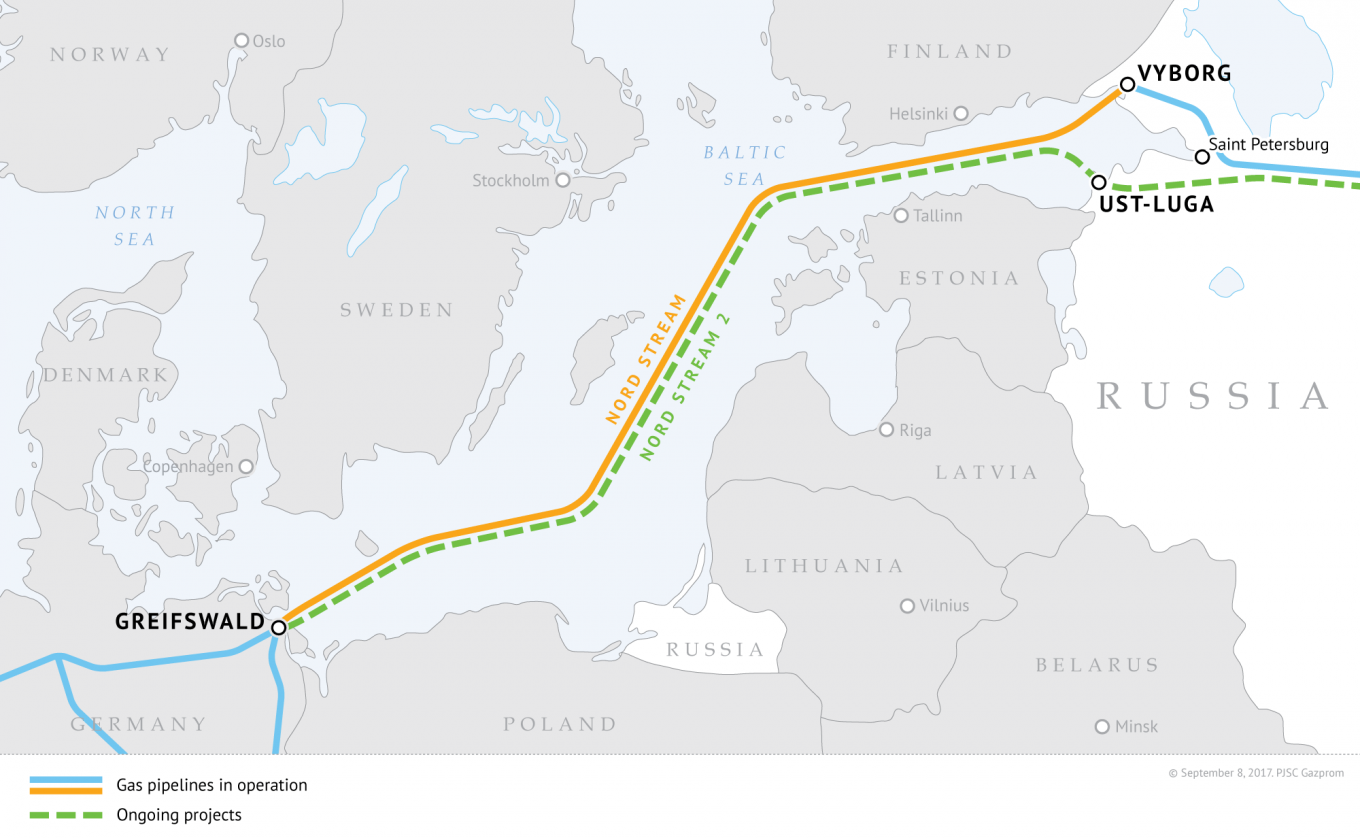
The $10-billion pipeline will have a capacity of 55 billion cubic meters a year — equivalent to $11 billion worth of natural gas, based on the company’s estimates for 2021 gas prices. The new pipe runs next to the original Nord Stream gas connection under the Baltic Sea between Russia and Germany.
Gazprom set a new record for gas exports to Europe at the start of the year — delivering $4.5 billion worth of natural gas in January.
Once Nord Stream 2 is completed, Russia would be able to ship more than half of its natural gas exports through the Nord Stream pipes, reducing its dependence on overland connections that run through Belarus and Ukraine.
Biden’s comments are the clearest indication yet of a shift in approach towards the pipeline from his predecessor. Donald Trump had waged a campaign of sanctions against Nord Stream 2, driving a wedge between U.S.-German relations, in a last-minute bid to thwart its completion by banning western vessels and insurance companies from being involved in the project.
Critics say Nord Stream 2 will increase Europe’s reliance on Russian energy, weaken its energy security and is also being used by Russia as a tool to deprive Ukraine of billions of dollars in transit fees. Calls to block construction escalated across the EU following the poisoning of Kremlin critic Alexei Navalny last August and his subsequent imprisonment upon return to Russia in January.
A Message from The Moscow Times:
Dear readers,
We are facing unprecedented challenges. Russia's Prosecutor General's Office has designated The Moscow Times as an "undesirable" organization, criminalizing our work and putting our staff at risk of prosecution. This follows our earlier unjust labeling as a "foreign agent."
These actions are direct attempts to silence independent journalism in Russia. The authorities claim our work "discredits the decisions of the Russian leadership." We see things differently: we strive to provide accurate, unbiased reporting on Russia.
We, the journalists of The Moscow Times, refuse to be silenced. But to continue our work, we need your help.
Your support, no matter how small, makes a world of difference. If you can, please support us monthly starting from just $2. It's quick to set up, and every contribution makes a significant impact.
By supporting The Moscow Times, you're defending open, independent journalism in the face of repression. Thank you for standing with us.
Remind me later.


